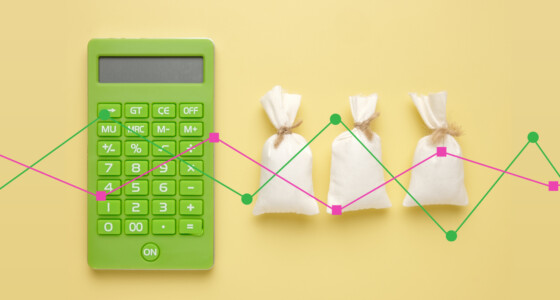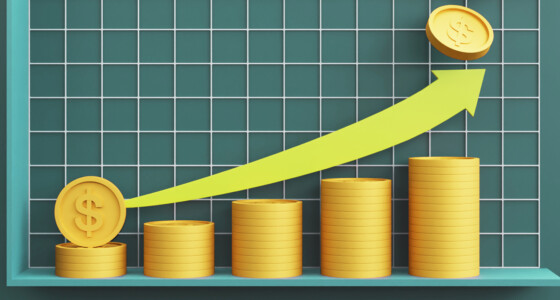

A mountain chart type may not be as popular among traders as a Japanese Candlesticks chart, but sometimes it can be beneficial.
Let’s discuss how we can use this type of chart to trade and what’s so unique in this type of trading.
Mountain chart type in scalping and day trading
Scalping is a risky strategy. Scalpers trade in extremely short timeframes, pushing them to open many trades during their working day and make fast decisions. Part of these trades will be unsuccessful, but another part should cover all the losses and bring profit.
Day traders prefer to use higher timeframes but try to close their positions in one day and don’t wait for another trading session.
Scalpers may use the mountain chart type, sometimes even more often than other charts. If you trade in minute timeframes, the speed of your technical analysis may play a crucial role. With a mountain chart type, a trader may set support and resistance lines in the chart quickly and easily. Sometimes the trader doesn’t even need horizontal lines in the chart. It’s possible to trade by reacting to price reversals from imaginary levels.
Day traders may use the mountain chart type to understand the trend better. Sometimes, the situation in Japanese candlestick charts may not be so obvious. At the same time, linear and mountain charts better describe the distribution of forces between bulls and bears.
Mountain chart type in swing trading and position trading
Swing traders and position traders prefer to use higher timeframes for trading. They don’t open as many trades as the others and have more time to analyze and plan their actions.
To analyze the long-term timeframes, traders may use any convenient chart type. For better market understanding, some trading techniques require simple chart types. For example, if a trader uses the Elliott wave theory, finding and counting waves using linear mountain charts is simpler.
A trader switches to higher timeframes and tries to understand where exactly the price is. Growing or impulse waves are usually quicker to find. The structure of such price movement consists of three rising and two correction waves. The mountain chart type will easily give you a complete picture of such a price structure.
Elliott correction waves usually are more complicated to identify. There are simple and complex corrections. Japanese candlesticks or Bar chats may reflect a lot of price noise that is useless to analyze. Linear and Mountain charts lack this.
When finding the position of the price in wave structures, a trader may assume where the price will be in several weeks or even months.
Swing and position traders may also use horizontal support and resistance lines in the mountain and linear charts to determine the price.
Now that you know much about mountain chart types, we think it’s practice time. Try to open any chart on the Binomo platform and analyze the price movement using different chart types.







